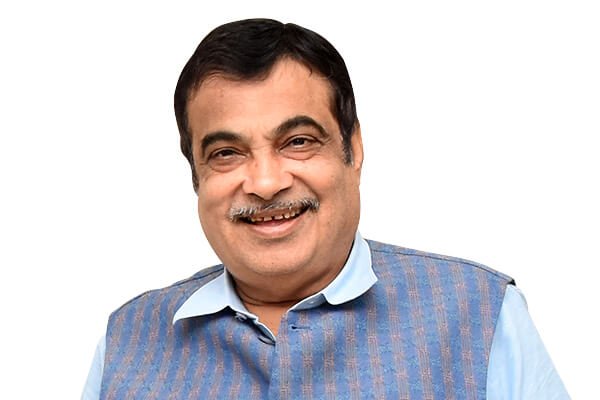The Indian government is taking decisive steps to curb noise pollution on its roads by enforcing a drastic reduction in the permissible noise levels of vehicle horns. Nitin Gadkari, the Minister of Road Transport and Highways, announced that the Centre plans to introduce an upper limit of around 50 decibels for vehicle horns. The move is a significant reduction from the existing permissible levels, which are well above international safety standards.
Loud and incessant honking is a persistent issue on Indian roads, causing annoyance and posing a serious health hazard to citizens. Noise pollution, in addition to air pollution, has been identified as a major irritant that affects the well-being of individuals.
Gadkari stated that the government intends to amend the Central Motor Vehicle Rules to set the maximum permissible noise levels for horns at approximately 50 decibels, a significant reduction from the current levels that exceed 70 decibels. In addition to reducing noise levels, the government plans to suggest certain tunes for adoption in horns that are soothing to the ears and serve the purpose of providing sufficient warning without being an irritant.
Presently, regulations allow noise levels of 80-91 decibels for various types of vehicles, surpassing the safe limits of 53 decibels during the day and 45 decibels at night recommended by the World Health Organization. Prolonged exposure to noise levels above 80 decibels can lead to deafness and even mental disorders, according to the Indian Medical Association.
The decision to specify reduced noise levels for vehicle horns is based on recommendations from the National Environment Engineering Research Institute (NEERI). The report from NEERI will include maximum decibel levels for different vehicle types and a list of recommended soothing tunes for horns.
Trucks and buses, in particular, are known to emit loud horns, some of which generate noise levels exceeding 100 decibels. Major metro cities in India have ambient sound levels ranging from 80 to 100 decibels.
The changes in horn regulations will necessitate vehicle manufacturers to comply with the new specifications and modify vehicle designs accordingly. Existing vehicles will also need to shift to the new noise norms for horns in a phased manner. Gadkari envisions that vehicle horns could use Indian classical and instrumental tunes, offering a pleasant alternative to the current noisy versions. While the adoption of these tunes won’t be mandatory, they will serve as reference points for vehicle makers.
This move is part of a broader effort to make Indian roads safer and more conducive to a better quality of life, complementing previous reforms in the automobile sector aimed at enhancing road safety and vehicle standards.













